By Hilary Bernstein, Contributing Writer
As a graduate of public schools, I never considered homeschooling … until I had children.
But when my firstborn was about a year old I read Bringing Up Boys by Dr. James Dobson and began to think about homeschooling. By the time our son was ready to start preschool, my husband and I had at least half a dozen reasons why we wanted to homeschool – even when my husband began teaching in a public school.
This August I started my third year homeschooling our two children. While I haven’t struggled with the why of homeschooling, sometimes it’s hard to know how to homeschool.
Getting started
When I knew our family would homeschool, I started doing my research by reading books like Sally Clarkson’s Educating the WholeHearted Child, subscribing to homeschooling blogs like Simple Homeschool, and talking to lots of moms.
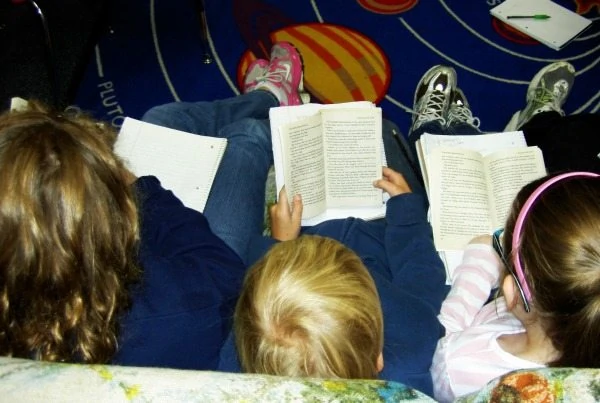
Image by jdurham
I went to homeschooling information sessions and joined a local homeschooling association just so I could network with other homeschooling parents and learn what they’ve done. I asked what worked for their families and what didn’t. I took notes on the kinds of curriculum and programs to consider.
As I talked with moms, I practiced my teaching methods during my son’s pre-kindergarten year with free, online Letter of the Week materials. Slowly I began to figure out what might be a good fit for our family.
Deep down, I suspected virtual learning and even complete curriculum packages just weren’t what I was looking for. Yet so many other approaches appealed to me:
- I liked Charlotte Mason’s emphasis on living books, fine arts and experiencing the natural world.
- Mentors, classics and a lifelong love of learning found in a Thomas Jefferson Education appealed to me.
- The concept of unit studies made perfect sense to me. And they sounded fun! Why wouldn’t I want to relate all subject areas to a particular topic?
- The entire three-stage process of classical education (grammar stage, dialectic stage, and rhetoric stage) really clicked. I wish I would’ve been exposed to a classical education, and I definitely wanted my children to benefit from it.
Image by Hilary Bernstein
Homeschooling mash-up
One of the really fantastic aspects about homeschooling is that I was able to study the homeschooling approaches I appreciated – and then use them all. My easy-going personality didn’t care a bit if I wasn’t strictly Charlotte Mason or strictly classical. I do believe the approaches have some excellent points; for the past 18 months I’ve been trying to marry them all together.
My approach is typically called an eclectic approach. It’s all because, like eclectic ancient philosophers, I don’t belong to a particular school of thought, but I selectively take certain aspects from various schools of thought. I think eclectic sounds more academic than hodgepodge, don’t you?
What does an eclectic homeschool look like?
Every homeschool is different – because every family is different. So in sharing my family’s example, just remember that it works well for my family.
For my family, an eclectic homeschool education looks like this:
Classical Conversations
We spend one day a week at Classical Conversations, a co-op, of sorts, of other classically educated families in our area. (Communities meet around the country.)

Image by Hilary Bernstein
During our day at Classical Conversations, a trained parent-tutor leads a class of 8 students in learning memory work for the week. (Parents teach the material at home the rest of the week.) The class also performs science experiments, works on art projects and music. Our particular Classical Conversations community meets for lunch and recess together.
We really enjoy CC.
- I love that my children get to spend time learning with other children for just one day a week.
- I love that they get to learn different life skills like standing in line and sitting in class for a few hours. (Speaking completely from experience, this can be extremely tough for wiggly homeschooled boys who are used to completing school work anywhere in their home.)
- I appreciate that they get to experience lunch and recess and class pictures.
- And I depend on my friendships with the other moms in the group – I look forward to our Tuesdays together. It’s amazing how encouraging other like-minded moms can be.
Image by Hilary Bernstein
Lessons at home … and away
The other four days in our week include daily lessons in language arts, math and Bible.
We review our CC memory work over breakfast and use Classical Conversations’ weekly content as a guide for our social studies and science topics. We’ve loved using CC’s history timeline and geography facts to study the world – I explain the material and supplement with the help of library books.
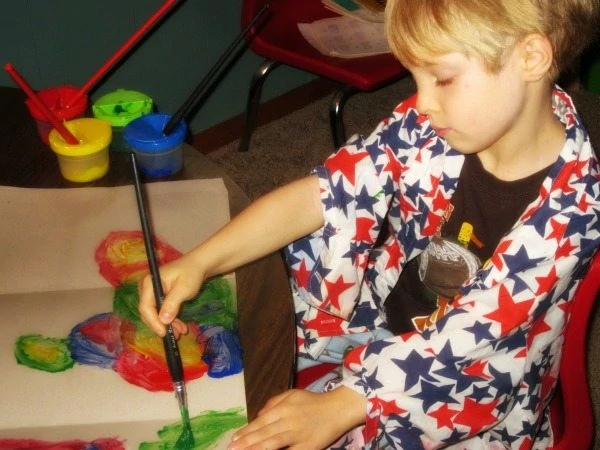
Image by Hilary Bernstein
My children love art, so we do plenty of art and craft projects on any given day. When I notice they’re spending a little too much time inside, I send them outside to study nature and draw their observations in their nature journals. And I try to plan at least one field trip a month so we can get out of our everyday environment and learn something new.
Because our Classical Conversations community meets for two 12-week semesters, I use unit studies during any time off. Last December my son was fascinated with Charles Dickens’ A Christmas Carol – so I took advantage of the opportunity and used a free two-week unit study I found online. It was a lot of fun to incorporate math facts into Ebenezer Scrooge’s counting house. After Christmas, we read Laura Ingalls Wilder’s Farmer Boy and had plenty of winter activities that fit perfectly with the book.
This year’s plans
I’ve heard that homeschooling moms may be meticulous, middle-of-the-road or minimalistic with their planning styles. While I’m far from meticulous, I’m glad that I spent time in the summer deciding what I’d like to cover in the next nine months.
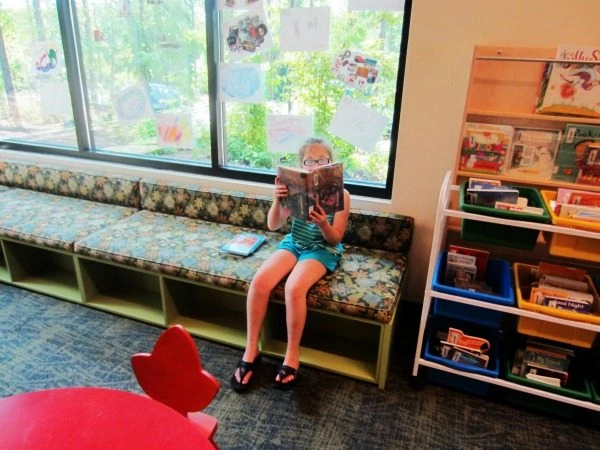
Image by anitapeppers
My family is a month into our school year now, and I’m repeating our eclectic approach this year. Since my children still are young – pre-kindergarten and first grade – I’m not concerned with them memorizing everything presented to them through Classical Conversations. But I appreciate that they’re introduced to so much, and we’ve had a lot of thought-provoking conversations as a result of what they’re memorizing.
While I’m gradually presenting more information to my first grader, we’re still spending large chunks of our day reading, working on art projects, and having plenty of time to play with things like blocks, puppets, Tinkertoys, and musical instruments. And we’re learning through educational field trips.
I’m finally feeling a little more comfortable with homeschooling – no longer am I struggling with the very basic questions of how to do it. I still have a lot to learn, though – and that’s been yet another one of the benefits of homeschooling: watching myself learn and grow.
Image by Hilary Bernstein
OK, homeschooling veterans: please share your wisdom! How have you chosen your homeschooling approach? If you favor an eclectic approach to homeschooling, what do your days and weeks look like?
Want healthy, back-to-school lunch ideas? Check out Kitchen Stewardship’s The Healthy Lunchbox! With 45 real food recipes, plus 8 colorful printables, you’ll be ready to pack amazing lunches for your family this fall! Pick up your copy HERE!

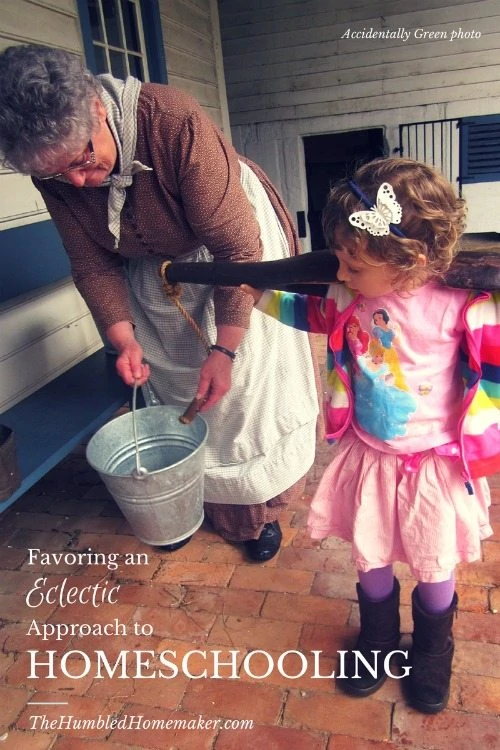
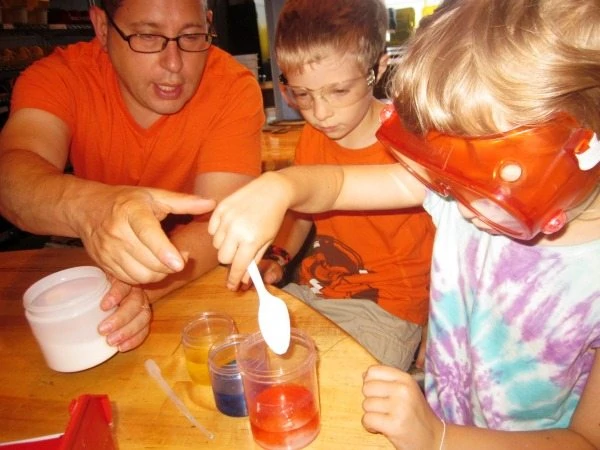
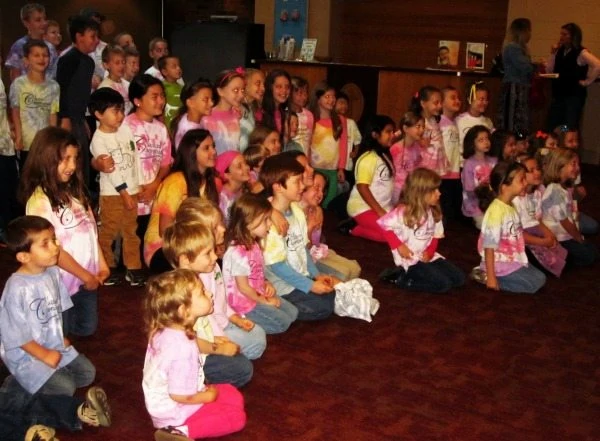
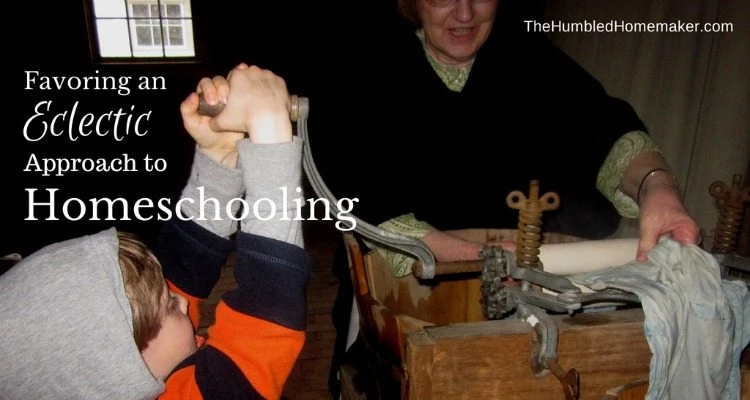
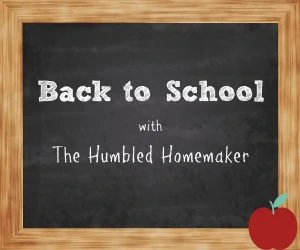


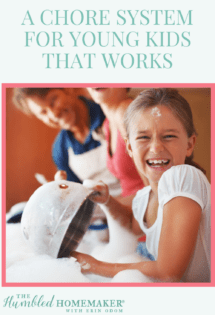

Anna @ Feminine Adventures
I just love getting snapshots into other young homeschoolers days. As a homeschool graduate, I’ve dreamt of homeschooling since wandering the aisles of conventions in my early teens.
Actually homeschooling is harder, more rewarding, more patience-demanding, and more fun than I imagined!
Though we’re mostly following a Classical/Charlotte Mason approach, our days are pretty eclectic too! Nature walks count as the best school time, in my book. 🙂
(Here’s a peek at our days: http://feminineadventures.com/2014/09/08/our-simple-homeschool-days/)
Melissa
You should check out my father’s world curriculum! It’s a mash up of all the goals you listed…Charlotte Mason, classical, unit studies, and hands on learning…all with a biblical worldview!
Kelly
Thanks so much for sharing what is working for your family. Like you, I never thought we would homeschool our kids until we actually had kids. And like you, I don’t struggle with the “why” of homeschooling but often wonder if I’m doing the “how” properly. We also do CC with our 4 year-old and she absolutely loves it, which just confirms to me that we did the right thing in enrolling her. I have a 2 year-old son and while he’s bright, I don’t know if he will be up for doing CC when he’s 4. He’s much more active than my daughter and may have trouble with focusing during class. We shall see! Anyway, I’m going to pin your post so that I can refer back to it. Thanks again!
Sara Burns
Thank you for this glimpse into your homeschool experience. My family is very similar in philosophy and method. I have read of other families successfully following other methods or curriculum and I question my own path. But God is so faithful to affirm me. Thank you for your testimony of His goodness and blessing as you teach your little ones at home!
Kayleigh Sheehy
Thank you! We are joining CC next year but I also enjoy other homeschooling approaches. It’s so nice to read that other moms feel then same. Reading this gave me more confidence in moving forward.
Erin
I’m so glad you were encouraged by this post!
Ashley
Its really good to know about your family and your homeschooling experiences and your approach to homeschooling. As your husband is a public school teacher an you have homeschooled your children, this is really great about homeschooling. Awesome blog!! and great presentation.